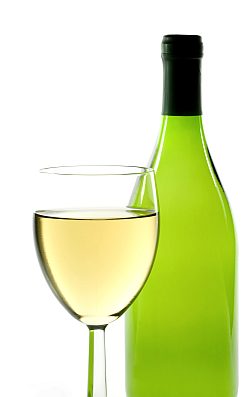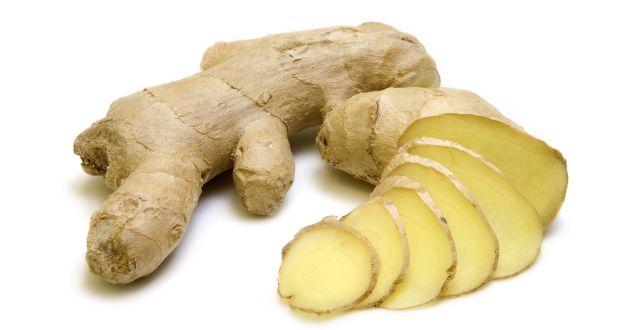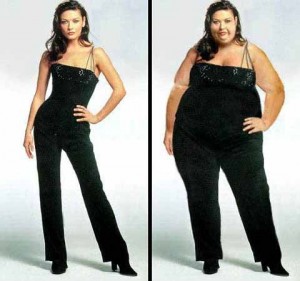Wine and Dieting
There’s a camaraderie to having a glass of wine with friends or family before dinner. And there’s no question that sipping a glass of wine with dinner can enhance the meal.
However, many dieters avoid having a glass of wine because they fear the calories. While others enjoy a glass of wine and then find they are moaning on their scale the next morning.
What is the real story on wine and dieting?
D epending on what kind of wine you drink, a single glass (5 ounces) can range from 90 to 150 calories (excluding spritzers and sangria, which can be a staggering amount of calories). What dieter would complain about a 90 calorie – or even a 120 calorie – social drink? Especially if there are health benefits to an occasional glass of wine?
epending on what kind of wine you drink, a single glass (5 ounces) can range from 90 to 150 calories (excluding spritzers and sangria, which can be a staggering amount of calories). What dieter would complain about a 90 calorie – or even a 120 calorie – social drink? Especially if there are health benefits to an occasional glass of wine?
But wait, consider this:
- If one glass before dinner leads to another glass with dinner and then a third glass after dinner, those modest calories can begin to soar.
- Will power can weaken as alcohol intake rises. That bowl of peanuts and tray of cheese and crackers can become much more appealing after two glasses of wine. And a resolve to order “just a broiled chicken breast for dinner” can go out the window after a glass of wine and hearing friends order chicken Parmesan with pasta.
- A five ounce glass of wine has an acceptable calorie count. However, if your venue “fills the glass” that could be a lot more than five ounces. And if the group is sharing a bottle (and perhaps a second bottle), that five ounce glass can be continuously refilled.
Not all wines are created equal:
Increasingly the media touts the value of red wines over white. And that’s true. Although many of the whites, chardonnays or zinfandels, may be low in calories (under 120) there are other considerations. White wines have more sugary carbs than reds and can negatively impact a diet effort.
Red wines have less sugars than whites, as well as antioxidants and potassium. That potassium is a natural diuretic that helps prevent water retention while lowering blood pressure and muscle responsiveness. Note: Pink wine contains more sugar than reds, but are still better than whites.
Wine can be delicious and enhance the fellowship of a gathering and the taste of a meal. However, as with any diet attempt, it’s about moderation and making the right choices. That is never truer than when it comes to wine consumption.
For all its health benefits, too much red wine will quickly go from a healthy choice to having a negative influence on your body – and your diet commitment.
-
Tips for Losing Weight on Low Carb Diet
Losing weight has become the major conce
-
Flat Abs!
An abdominal workout from Pilates boot camp, my tummy hurts ju
-
How to Lose Weight With the Hcg Diet
Have you ever wanted to lose wight but felt overwhelmed with the abun
-
New Research Sheds Light on the Diet vs. Exercise Debate
Raise your hand if youve scrolled past Instagram quotes or heard your
-
How to Get Rid of Your Belly
Carrying too much belly fat is a big problem for many people nowadays
-
Weight loss tip #142 – Put up pictures of your favourite actors in your bedroom
- DON'T MISS
- Spices that help you lose weight:
- Weight Loss Tips Easy Enough To Start Right Now
- How to Lose Weight Naturally
- How to Lose Weight as a Young Adult
- How to Lose Two Pounds a Week
- How to lose belly fat
- Why A Low Calorie Diet is Not All Bad
- 5 Weight Loss Strategies That Actually Work
- 13 Worst Fad Diets
- Busted! 6 Major Eating Mistakesvar zeus = zeus




